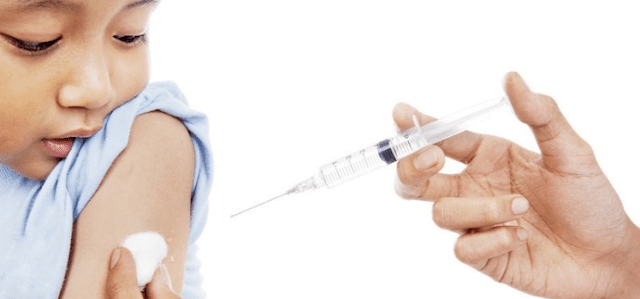Bronchiolitis in Children- Things Parents Must Be Aware
Nothing worries a parent more than their child struggling to breathe. One of the leading causes of respiratory problems in infants, especially during the winter months, is bronchiolitis. This condition can develop and become serious; therefore, parents must recognize the signs and know how to manage childhood respiratory problems. Get the complete summary on bronchiolitis in children, including its causes, symptoms, treatment, and prevention, in this blog by the Top 10 Child Specialists in Delhi.
What Is Bronchiolitis?
Bronchiolitis is defined as a viral infection affecting the small airways, specifically the bronchioles, within the lungs, which in turn become inflamed and filled with mucus. This results in difficulty with normal breathing, specifically in infants, especially those under two years old, as the swelling blocks the flow of air. While bronchitis is a viral infection that primarily affects the larger airways, where adults are usually affected, the tiny airways of the lungs, known as bronchioles, are mainly affected in infants and toddlers.
What Causes Bronchiolitis?
The respiratory syncytial virus (RSV) is the primary cause of bronchiolitis, but other viruses, such as influenza, parainfluenza, and human metapneumovirus, may also contribute to its occurrence.
RSV is spread through direct contact with respiratory droplets from coughing, sneezing, or infected surface areas. Daycare centers and crowded homes are among the hotspots for the virus.
Signs and Symptoms to Look For
Just like having a common cold, bronchiolitis starts slowly with a runny nose, mild cough, and a low fever, but after a few days:
Fast short breaths
Difficulty in feeding or drinking
Wheeze (another way of saying a high-pitched sound when breathing out)
Grunting, or visible effort to breathe (flaring nostrils or pulling in under the ribs), bluish color around lips or fingertips (sign of low oxygen)
Signs that indicate dehydration include fewer wet diapers, dry mouth, or crying without tears.
Any of these signs would necessitate an immediate pediatric check on the child, particularly those indicating trouble breathing or dehydration.
Can It Be Treated at Home?
There is no specific antiviral treatment for bronchiolitis; antibiotics will also not help since it is a virus, so management would be at home with symptom control:
Saline nasal drops and a suction bulb relieve nasal blockage.
Use paracetamol for fever management (as directed by your child's doctor): never use aspirin due to the risk of Reye's syndrome.
Encourage hydration. Some babies prefer smaller, frequent feeds.
Hospitalization will be necessary for children with chronic conditions such as heart disease, lung disorders, or patients with immune deficiencies for supportive oxygen therapy or even IV fluids.
Preventive Tips for Parents
Regular handwashing before touching your baby
Keep your baby away from sick people
No sharing of cups or utensils.
Ask your doctor about RSV immunization during pregnancy or for your baby before RSV season.
Trust your instincts if you are in doubt. If your child is gasping for breath, has poor feeding, or seems very tired, don't wait; go for a pediatric checkup with the best Pediatrician in South Delhi, Dr. Promilla Butani. With initial treatment by Dr. Promilla Butani, the child can recover more quickly and comfortably.



Comments
Post a Comment